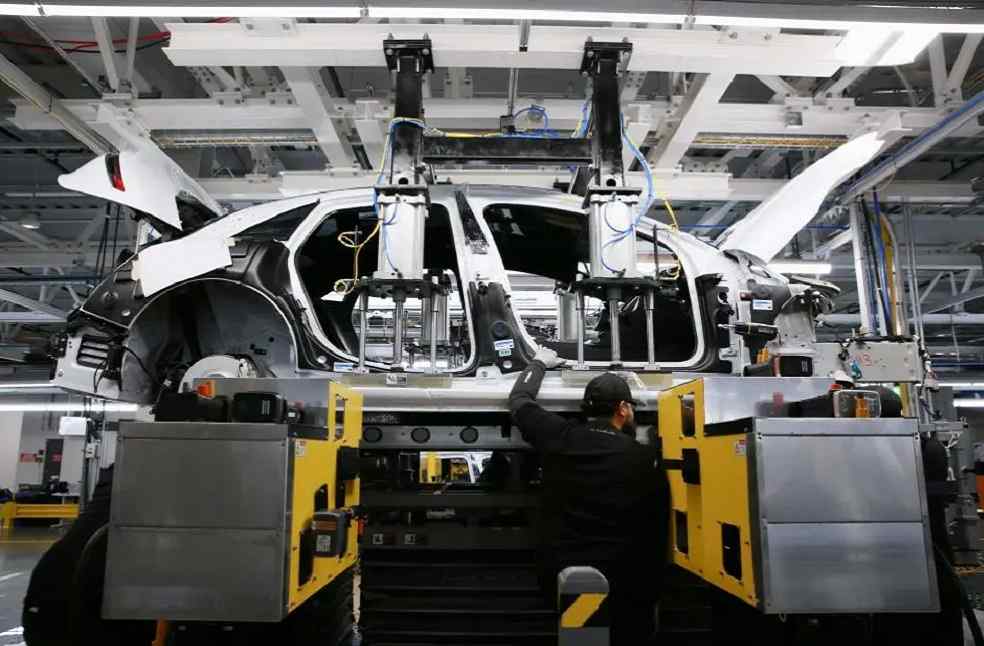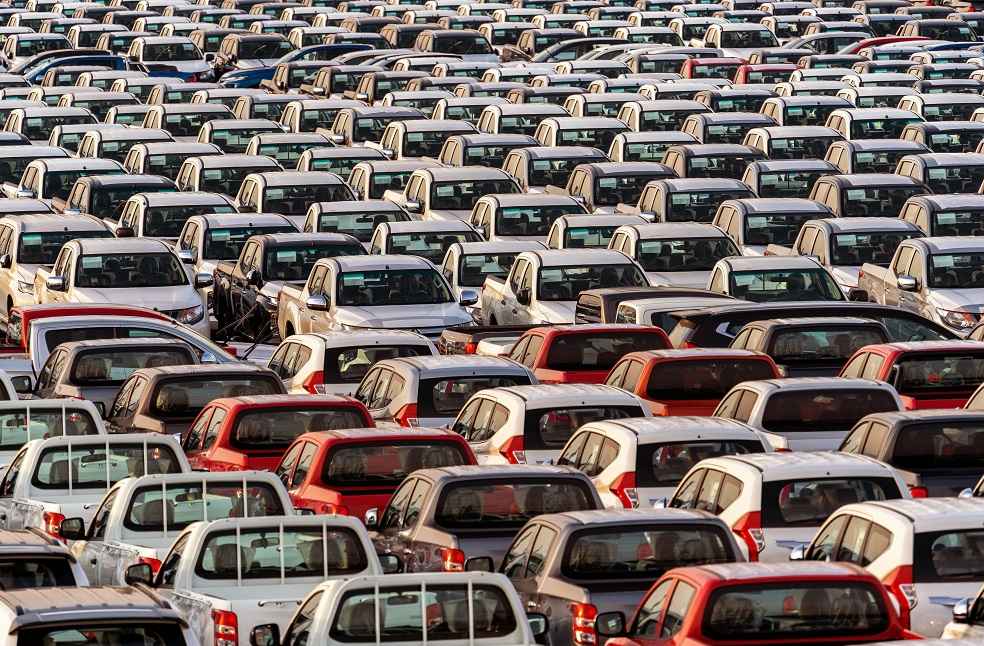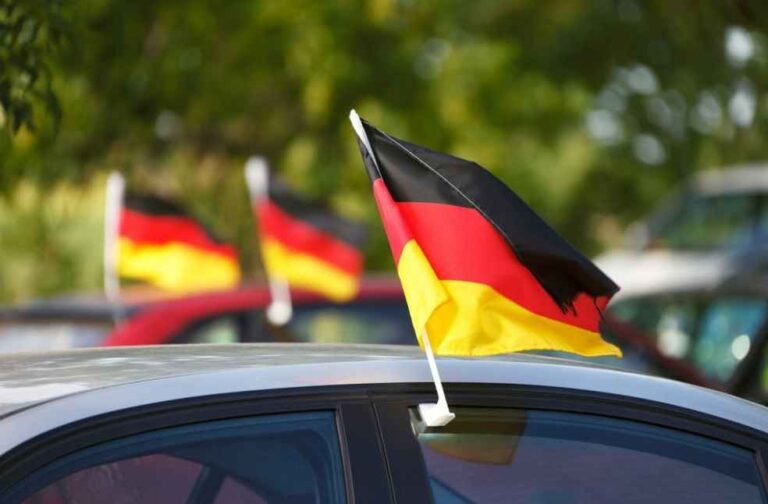Germany’s automotive Industry is entering one of its most difficult phases in decades, squeezed by global competitors, rapid shifts in technology, and a slowing domestic economy.
Volkswagen, BMW, and Mercedes, once the pillars of German industrial success, are reporting falling profits and weakening demand across Europe and China, while Chinese electric vehicle makers move aggressively into global markets.
Automobile output in Germany has already fallen from 5.6 million units in 2017 to about 3.4 million in 2024, with further declines expected.
The sector represents around one-fifth of Germany’s industrial production and roughly 6% of GDP when the supply chain is included, supporting 780,000 direct jobs and millions more indirectly.
The downturn comes as Germany remains stuck in low growth following back-to-back contractions in 2023 and 2024, with analysts linking economic anxiety to rising far-right support in regions dependent on automotive employment.

China’s emergence as a dominant export force has reshaped global competition. Strong government backing, deep battery supply chains, and heavy EV investment pushed China past Japan to become the world’s largest car exporter in 2023.
Germany, second only to Japan in 2020, slipped to fourth place in 2024. Analysts warn that Europe could lose up to two million sales to Chinese brands over the coming years, leaving the region with excess manufacturing capacity.
The financial strain is visible across Germany’s major automakers. Volkswagen Group saw revenue edge up to $276 billion in the first nine months of the year, but net profit swung from $10.2 billion to a loss of $3.95 billion, including a $1.24 billion loss in the third quarter.
Mercedes reported income down 8% to $114.5 billion, with net profit falling to $4.5 billion. BMW recorded a 5.6% revenue drop to $116.2 billion, with net profit down 6.8% to $6.6 billion.

Chinese competitors, by contrast, posted major gains. BYD’s European sales rose 248.1% between January and September, and SAIC Motors grew 37.3% over the same period.
Their battery expertise, high factory utilization, and cost advantages continue to outweigh the impact of EU tariffs ranging from 27 to 45% on Chinese EV imports.
The challenges extend to suppliers. Continental, Schaeffler, ZF, Thyssenkrupp, and Hella all reported declines, with CEOs citing sustained weakness in automotive, engineering, and construction markets.
Industry groups are warning of deeper structural risks. The German Association of the Automotive Industry said companies remain innovative but face growing geopolitical barriers, including the United States’ 15% tariff on German cars.

The U.S. remains Germany’s largest export market, with $42.8 billion in automotive exports in 2024, making rising trade barriers particularly damaging.
The association urged Berlin and Brussels to accelerate pro-growth policies, calling for reduced bureaucracy, stable energy prices, and an innovation-driven industrial strategy.
It supported technology-neutral climate policies and the review of CO₂ fleet limits, but stressed that climate ambitions must be balanced with economic realities.
Safeguarding competitiveness, employment, and public support for climate policy is essential, the group said, arguing that Europe must now act decisively to preserve its automotive strength.
GENERAL | Toyota to Invest $912 Million in U.S. Plants to Boost Hybrid Output





